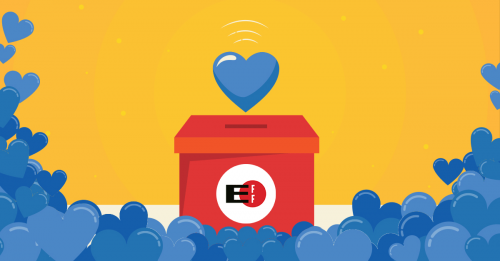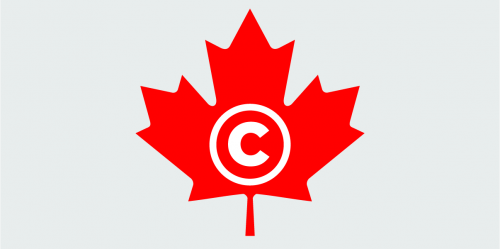MPAA Chairman Chris Dodd gave an interview to the New York Times yesterday, in which "Mr. Dodd said he would welcome a summit meeting between Internet companies and content companies, perhaps convened by the White House, that could lead to a compromise." While framed by the Times as his acceptance of defeat (the MPAA had rejected a prior meeting), the article shows that Dodd still doesn't get it.
The former Senator hopes for a return to the traditional levers of power, where the laws are written by lobbyists, and sold by back-room deals negotiated behind closed doors. He wants to frame the debate as the comfortable story of a dispute between companies in Silicon Valley and companies in Hollywood, that would doubtless be resolved on the basis of who's more connected or has better lobbying budgets ‒ or so he hopes.
It wasn't the technology companies who broke the back of PIPA and SOPA. To be sure, Internet companies played a critical role ‒ Google, Wikipedia, Reddit, Mozilla, Craigslist and over a hundred thousand other websites changed their home pages, informed their users about the bills and facilitated the users' communications to Congress.
But the dramatic and unprecedented sea change in opposition to blacklist legislation on the Hill came about because of the users themselves. Millions of users ‒ and voters ‒ like you spoke as one, and demanded that freedom of the Internet not be sacrificed on the altar of outdated business models. The opposition was grassroots, not astroturf.
Now that the proponents of SOPA/PIPA have blinked, and taken the bills back to committee, there will be calls to come to a "compromise." But there is no need to assume that legislation is necessary. As we discuss the future of the Internet, all stakeholders, including the people who use Internet services and consume (and create and share) movies and music, must have a seat at the table. The internet is too important to be debated, dissected and possibly disabled in a private meeting.








